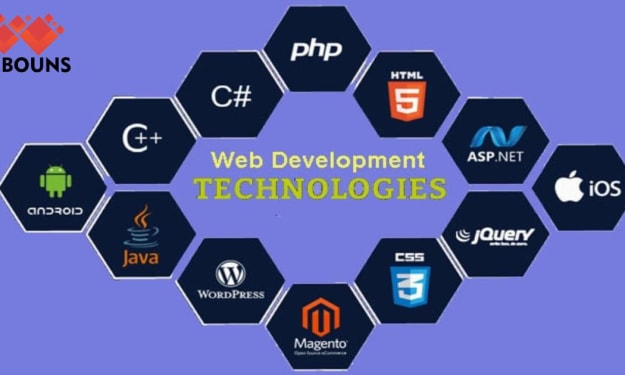Title: The Ever-Expanding Horizon of Computer Science: A Journey into the World of Innovation and Possibilities
Computer Science Overview
Introduction:
Computer science, the dynamic and multifaceted discipline that lies at the core of our modern technological landscape, continues to propel humanity into a future where the impossible becomes possible. From programming languages to artificial intelligence, from data structures to cryptography, computer science touches every aspect of our lives, revolutionizing industries, and redefining the boundaries of human potential. In this article, we embark on a captivating journey through the realm of computer science, exploring its key areas and understanding the profound impact it has on our world.
Programming Languages: Building the Foundation of Software Development
At the heart of computer science lies the art of programming, where software engineers wield various programming languages to bring their ideas to life. From the simplicity and versatility of Python to the robustness of Java and the speed of C++, each language offers a unique set of capabilities. These languages provide the means for developers to design innovative applications, websites, and systems that cater to the needs of a rapidly evolving digital landscape.
Data Structures and Algorithms: The Architecture of Efficient Problem-Solving
Efficiency is the backbone of computer science, and data structures and algorithms form the building blocks for optimizing solutions to complex problems. Whether it's a search algorithm that finds the shortest path or a sorting algorithm that organizes data in the blink of an eye, computer scientists continuously strive to devise elegant and efficient solutions.
Artificial Intelligence and Machine Learning: Paving the Way for Intelligent Machines
The rise of artificial intelligence and machine learning has been nothing short of revolutionary. These cutting-edge fields equip machines with the ability to learn from data, recognize patterns, and make decisions without explicit human programming. From autonomous vehicles to medical diagnosis and natural language processing, AI and ML have permeated numerous industries, enhancing efficiency and improving the quality of life.
Computer Networks: Enabling Seamless Global Connectivity
In an interconnected world, computer networks play a vital role in facilitating seamless communication and data exchange between devices and systems. The internet, a global network of networks, has brought people closer, revolutionized businesses, and transformed how we access information and interact with each other.
Operating Systems: The Invisible Architects of Computing
Operating systems are the unsung heroes of computer science, serving as the intermediary between users and hardware. They manage resources, handle memory, and provide a platform for software to run efficiently. Whether it's Windows, macOS, Linux, or mobile operating systems, they are the silent enablers of our digital experiences.
Software Engineering: Bridging Ideas and Real-World Applications
Turning ideas into practical applications requires the structured approach of software engineering. This discipline combines creativity with engineering principles to design, develop, test, and maintain software systems. From agile methodologies to DevOps practices, software engineering ensures that projects are delivered on time and within budget.
Database Systems: The Foundations of Information Storage
In a data-driven world, database systems are the backbone of efficient information storage and retrieval. Whether it's relational databases, NoSQL databases, or cloud-based solutions, these systems ensure data integrity and accessibility for a wide range of applications, from e-commerce to healthcare.
Computer Graphics and Visualization: Aesthetics Meets Technology
The intersection of computer science and art comes alive in computer graphics and visualization. These fields harness computational power to create stunning visual experiences, ranging from realistic video games and virtual reality to scientific simulations and architectural designs.
Cryptography: Safeguarding Digital Security and Privacy
In an era where data breaches and cyber-attacks are a constant threat, cryptography provides the tools to protect sensitive information. Encryption techniques ensure secure communication and data protection, enabling individuals and organizations to conduct transactions and share data with confidence.
Human-Computer Interaction (HCI): Enhancing User Experience
The success of technology depends on its ability to interact intuitively with users. HCI focuses on designing user-friendly interfaces and studying how humans interact with computers, ensuring that technology becomes accessible and inclusive for everyone.
Conclusion:
Computer science is a boundless and ever-evolving field, fueling innovation and shaping the course of human progress. From the smallest lines of code to the most advanced artificial intelligence, computer science intertwines with our lives, driving us towards a future where the limits of possibility are continually pushed beyond imagination. As we continue to explore the vast realm of computer science, let us embrace its potential to transform societies and inspire positive change for generations to come.
About the Creator
Enjoyed the story? Support the Creator.
Subscribe for free to receive all their stories in your feed. You could also pledge your support or give them a one-off tip, letting them know you appreciate their work.






Comments
There are no comments for this story
Be the first to respond and start the conversation.